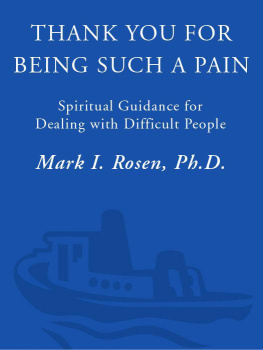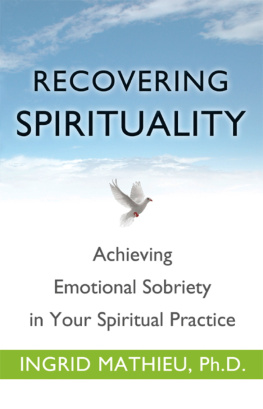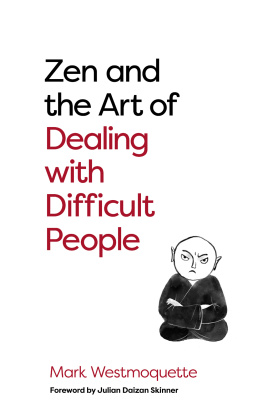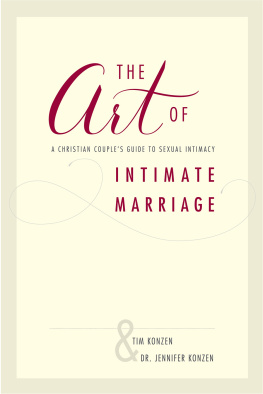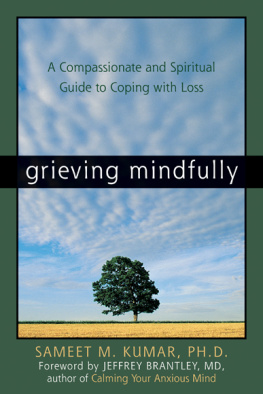Praise for Thank You for Being Such a Pain
A wise book full of insights and surprises that will help managers become better managersand better people.
Michael Hammer, Ph.D., President of Hammer and Company and coauthor of Reengineering the Corporation
A remarkable book which elegantly describes why difficult people are our best teachers, why they are sent to us, and how they prompt us toward psychological and spiritual health.
Dennis Gesten, M.D., Psychiatrist and author of Are You Getting Enlightened or Losing Your Mind?
Rosen shares some wonderful tales of human misdeed, but he is wise enough to seek healing for them by striking deep roots in traditional teachings and counsels culled from every source imaginable.
Arthur Green, Ph.D., Philip W. Lown Professor of Jewish Thought, Brandeis University
This extraordinary book shines with wisdom and illuminates a path to peace. The authors spiritual teachings and compelling stories masterfully show us how even the most difficult relationships can be healed.
Joan Klagsbrun, Ph.D., Adjunct Professor, Andover Newton Theological School; Psychotherapist and Director, The Wellspring Center, Watertown, Massachusetts
Mark Rosen has written practical, powerful perspective on the mirror of relationship.
Harold H. Bloomfield, M.D., Psychiatrist and author of How to Be Safe in an Unsafe World
Profound and immensely practical [a] remarkable ethical work.
Frederic and Mary Ann Brussat, authors of Spiritual Literacy and Spiritual Rx
Copyright 1998 by Mark Rosen
All rights reserved. No part of this book may be reproduced or transmitted in any form or by any means, electronic or mechanical, including photocopying, recording, or by any information storage and retrieval system, without permission in writing from the publisher.
Published by Three Rivers Press,
New York, New York. Member of the Crown Publishing Group.
Random House, Inc. New York, Toronto, London, Sydney, Auckland
www.randomhouse.com
THREE RIVERS PRESS is a registered trademark and the Three Rivers Press colophon is a trademark of Random House, Inc.
Originally published in hardcover by Harmony Books in 1998.
Library of Congress Cataloging-in-Publication Data
Rosen, Mark I.
Thank you for being such a pain: spiritual guidance for dealing with difficult people / by Mark I. Rosen.1st ed.
1. Interpersonal conflict. 2. Interpersonal relations.
3. Interpersonal conflictReligious aspects. 4. Interpersonal relationsReligious aspects. I. Title.
BF637.I48R67 1998
158.2dc21 97.23784
eISBN: 978-0-307-75924-5
v3.1
In loving memory of my mother, Etta Rosen, who was always kind, even when others were difficult.
C ONTENTS
PART I
Understanding the Difficulties
PART II
Healing the Difficulties
I NTRODUCTION
I have not written this book to teach the reader anything new. Rather, it is my aim to direct the readers attention to certain well-known and generally accepted truths, for the very fact that they are well-known and generally accepted is the cause of their being overlooked.
M OSHE H AYYIM L UZZATTO
So begins The Path of the Upright, a book written by an Italian rabbi about the spiritual implications of behavior. Though it was first published in Amsterdam in 1740, its opening applies just as readily to the book you are holding.
Thank You for Being Such a Pain is about the difficulties we experience in everyday relationships and the deeper spiritual meanings that underlie them. During our time on earth, very few experiences bring us as much joy or deliver as much sorrow as our relationships with others. From the moment we enter this world, we form relationships, and relationships form us.
Thank You for Being Such a Pain is based on four premises: first, that lifes seemingly random encounters are not so random after all; second, that the pain, frustration, and suffering we experience with certain people are just as important for our personal and spiritual growth as love and joyadversity is our teacher, pushing past our resistance and teaching us what we would fail to otherwise learn; third, that difficult relationships can and should be healed, as learning how to transform enmity is one of our most important life lessons; and fourth, that healing requires being attentive to the spiritual lessons that life presents uswhen we do the inner work we are here to do, our outer relationships and circumstances become transformed.
Perhaps learning spiritual lessons is not your primary motivation as you begin this book; you have probably picked it up because someone in your life is causing you emotional pain and driving you nuts. Maybe even several someones. They might include your boss, your mother-in-law, your next-door neighbor, or your spouse. You may be suffering quietly or trying very hard to do something about the problem. You may even be seeing a professional therapist or talking with your priest, minister, or rabbi to get some comfort. It hurts, and you want it to stop. You are obsessed, and youd love to forget about the whole thing, but you cant.
You are looking for a solution. But the real solution does not lie in simply getting the other person to stop annoying you. The best response does not involve retaliation, fighting back, enduring the difficulties, walking away, or giving up. The true resolution comes only when you finally learn what the other person is teaching you.
Your antagonist is indeed a teacher, an unwitting envoy of a universe that wants you to grow. For those who live with a spiritual orientation, life is not a series of haphazard occurrences. The great spiritual traditions all maintain that we live in a magnificent universe, full of meaning. Conflicts that seem to be chance occurrences are actually orchestrated for our spiritual development by an intelligence totally beyond our comprehension. Some call this sacred force God. This may be an unfamiliar notion to you. It may seem preposterous in the face of your anguish or make you uncomfortable, but it is a premise upheld by spiritual teachers and teachings throughout the ages.
In order for you to benefit from this book, it is not necessary that you agree with this premise or possess a spiritual mind-set. Agnostics and atheists will find much to ponder. The suggestions and exercises that follow require no affirmation of belief.
The perspectives that have shaped this book can be traced to two especially difficult relationships that have been lifelong struggles for me. The first, with my father, has happily begun to heal over the past few years. The second, with my own spirituality, continues to baffle, frustrate, and inspire me.
Perhaps the most difficult relationship we can ever have is one we all share, whether or not we accept or realize it. Each of us has a relationship, invariably a difficult one, with the unknowable Supreme Being. Even those who do not believe in an Ultimate Reality cannot ignore this relationship, for deciding to be a nonbeliever involves a conscious choice about the nature of this relationship.
For those who do believe, the relationship comprises all the most troublesome characteristics of a relationship with a difficult person. Conversations are usually one-sided, we rarely get the response we want, and the other party keeps doing unpredictable and inexplicable things to us.
Since the content of this book has been so strongly shaped by my relationship with my father and my spiritual journey, a more complete story will help you to better understand this books point of view.

